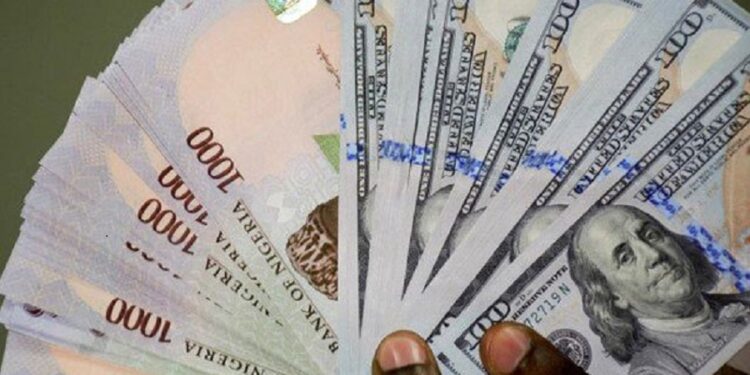The Nigerian Federal Government is gearing up to raise $10 billion to address the foreign exchange liquidity challenges, especially as the naira hit an unprecedented low of 1,850 per dollar at the parallel market on Tuesday. President Bola Tinubu, represented by Vice President Kashim Shettima, shared this plan during the inaugural Public Wealth Management Conference organized by the Ministry of Finance Incorporated in Abuja.
The government’s objective is to enhance foreign exchange liquidity, a crucial factor in stabilizing the naira and fostering economic growth. The focus is on optimal management of federal assets and investments to unlock their revenue potential, with an ambitious plan to double the GDP growth rate and significantly increase the GDP base over the next eight years.
Emphasizing transparency and accountability, the President believes that improved corporate governance, innovative partnerships, and attracting alternative investment capital will yield increased returns. These returns are intended to be directed toward essential sectors such as education, healthcare, housing, power, roads, and others crucial for poverty alleviation, sustainable economic development, and youth job creation.
Despite the government’s efforts, exchange rate volatility persisted across the country, with the naira falling to 1,850/$ in the parallel market. Currency traders quoted varying rates, indicating market uncertainties and the need for effective measures to stabilize the situation. Some operators even predicted a potential further decline to 2,000/$ if appropriate actions were not taken.
In contrast, the official market saw a 1.48% appreciation of the naira to 1,551/$, driven by an improved forex turnover of $117.32 million. This positive development followed three consecutive days of weakening at the Nigerian Autonomous Foreign Exchange. The ongoing forex shortage, attributed to a decline in oil production and foreign inflows, continues to pose challenges for the nation.
It’s worth noting that the Central Bank of Nigeria initiated the floatation of the naira in June 2023, unifying all segments of the forex market. This move aimed to address forex market fragmentation but resulted in a significant devaluation of the local currency.
























